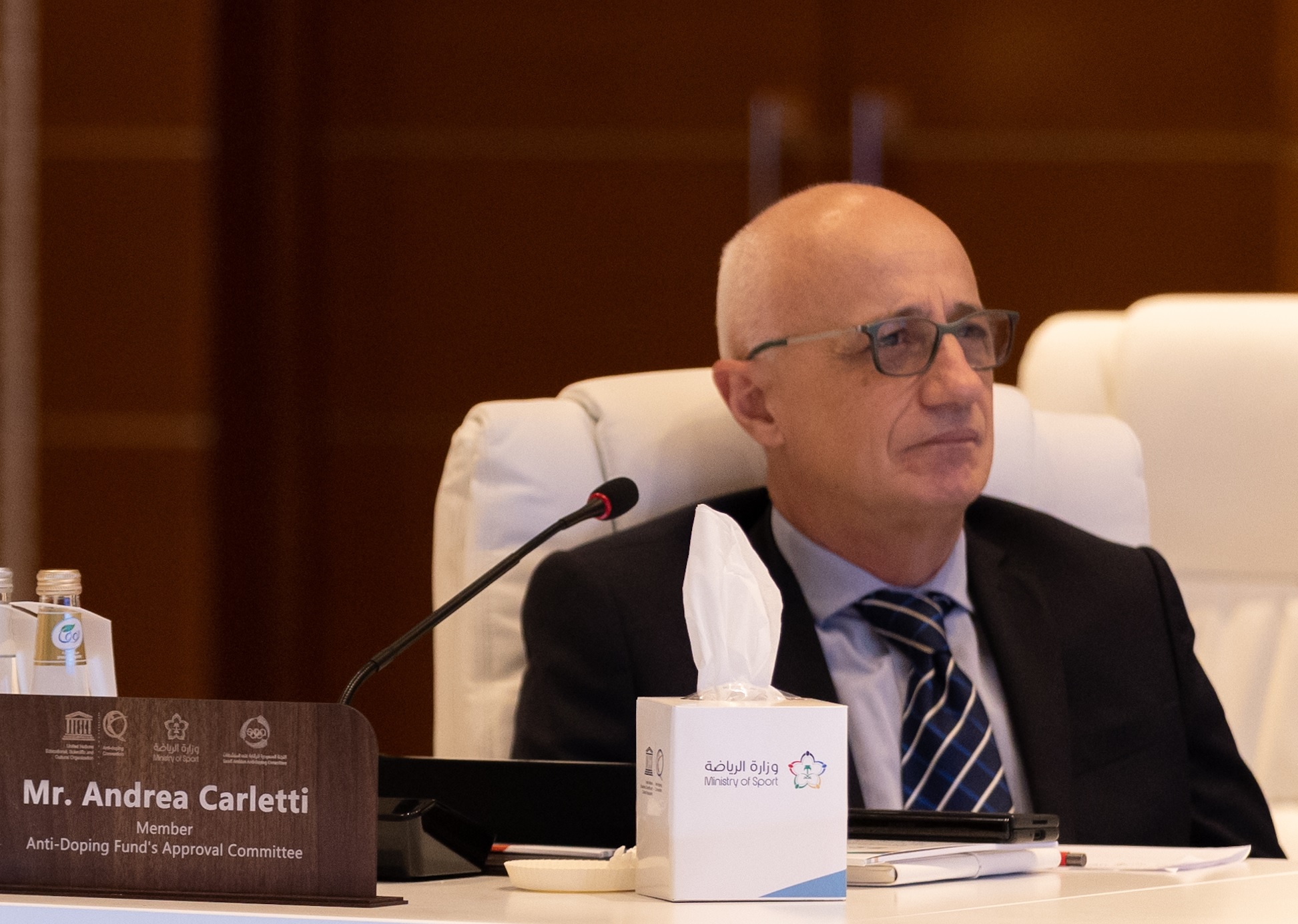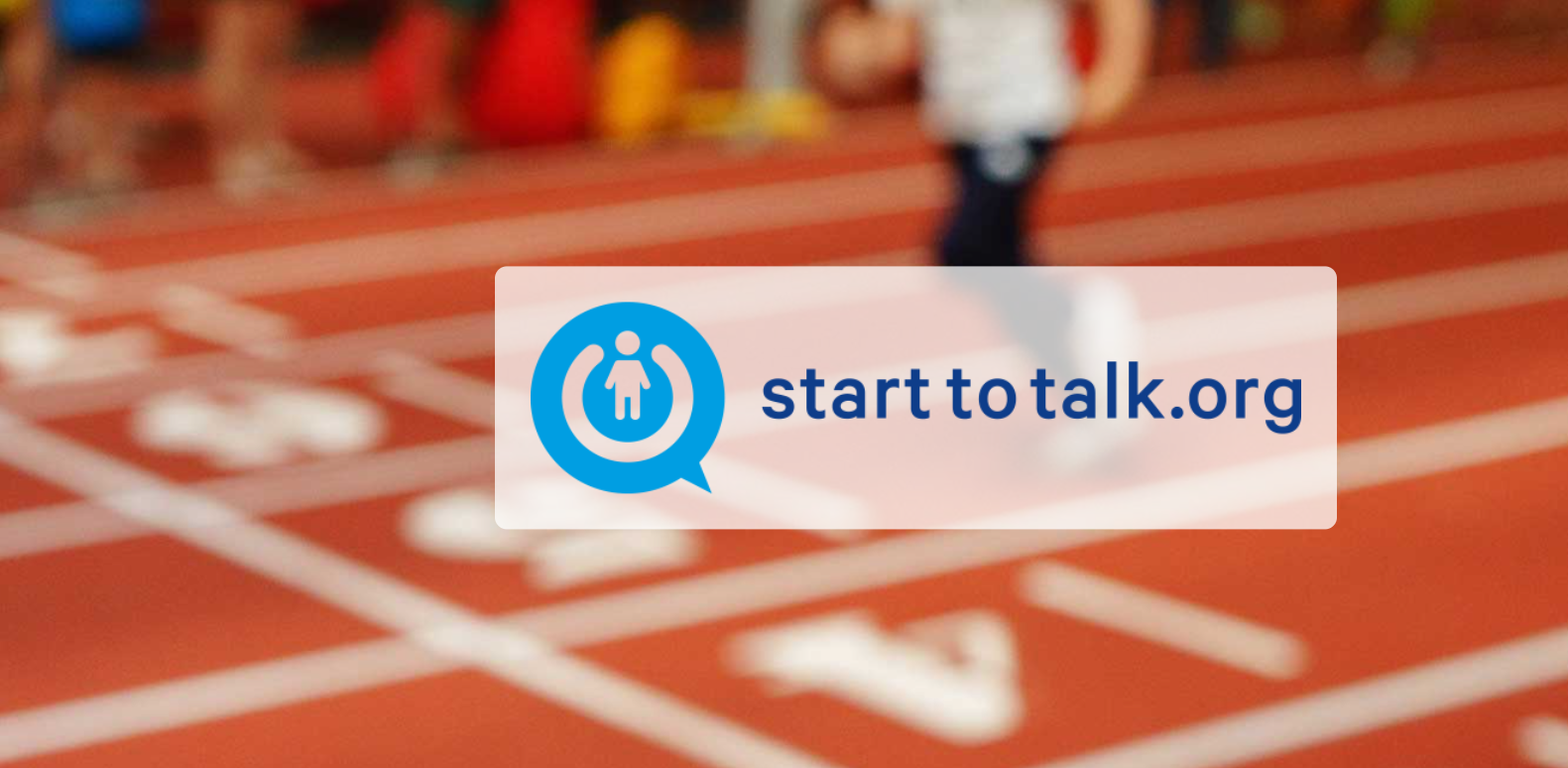Protecting the integrity of sport: the role of EPAS

Set up by the Council of Europe, the Enlarged partial agreement on sport (EPAS) is a cooperation platform designed to support member states in their efforts to improve governance of sport integrity issues. An article by Andrea Carletti, Vice-President of the EPAS Board of Directors.
As a platform for intergovernmental co-operation, the Council of Europe’s Enlarged Partial Agreement on Sport (EPAS) provides a dedicated space for privileged exchanges and dialogue among public authorities, NGOs and the civil society engaged in sport-related policies, creating a network of stakeholders with considerable potential.
Such exchanges and dialogue within EPAS materialise in different sets of concrete actions: standard-setting work, reinforcement of expertise and practices at ground level, sharing of experience, raising of awareness of topical issues, and finally, progress of reflexions on emerging trends.
Make sport more ethical, more inclusive and safer
 EPAS acts as a policy enhancer in providing a unique platform for its member States and constituents to set new standards and guidelines.
EPAS acts as a policy enhancer in providing a unique platform for its member States and constituents to set new standards and guidelines.
The European Sports Charter for instance, revised in 2021 on the basis of the work of EPAS to reflect the latest developments in sport policies, promotes a set of principles which aim to make sport more ethical, more inclusive and safer. Integrity of sport is acknowledged as now being multi-dimensional and based on a holistic approach. The Council of Europe’s Committee of Ministers, in its Declaration on sport integrity, invited in this regard EPAS “to explore how to reinforce the standards in relation to sport integrity, including through a possible legal framework for upholding such integrity”.
Considering the multiple threats to sport integrity, which include “criminal offences such as corruption, fraud and coercion, but also violations of statutory and disciplinary regulations and unethical behaviour”, EPAS is working to reinforce the expertise and practices at ground level. This is another key value of the work of EPAS: targeting the national policies and their implementation. Through its support and follow-up visits based on the European Sports Charter, it provides its member States with tailored advice and assistance in the implementation of the standards defined in the European Sports Charter.
Those on-site visits enable to meet all stakeholders involved in sport policies in a country and work with them on identifying areas for further improvement of their policies and practices.
Tailored advice and assistance
 In the framework of the project “Start to Talk”, EPAS has brought together public authorities, sport movement and experts in child safeguarding to share examples of best practice on how to provide a safer sport environment for children. This co-operative activity leads to the development of national roadmaps designed to implement national policy strategies on child safeguarding. A relevant example was the one which took place in Bulgaria in 2023, following a child consultation process and two roundtables with experts on the topic. In addition to ensuring multi-stakeholders co-operation, EPAS stands out as a laboratory for thought-provoking initiatives and identifying emerging issues related to sport, and its integrity.
In the framework of the project “Start to Talk”, EPAS has brought together public authorities, sport movement and experts in child safeguarding to share examples of best practice on how to provide a safer sport environment for children. This co-operative activity leads to the development of national roadmaps designed to implement national policy strategies on child safeguarding. A relevant example was the one which took place in Bulgaria in 2023, following a child consultation process and two roundtables with experts on the topic. In addition to ensuring multi-stakeholders co-operation, EPAS stands out as a laboratory for thought-provoking initiatives and identifying emerging issues related to sport, and its integrity.
Such is the case of the multidisciplinary Pool of International Experts on Safe Sport established in 2021 which is composed of 40 members, advocates for safe sport for children. The Pool develops and disseminates materials and expertise on safe sport and provides a space for its members to co-operate.
In 2023, the Pool produced two main deliverables: a Glossary on safe sport and a Compilation of safe sport tools. In 2024, the focus of the efforts will be on safer recruitment in sport and trauma informed processes.
Moreover, in addressing emerging and transnational issues on sport integrity, EPAS has set up, under its authority, a network of Magistrates/Prosecutors Responsible for Sports, called “MARS”. Creating synergies between different countries and systems of law, this network aims to strengthen international co-operation and to promote the exchange of information in protecting all three components of sport integrity. This is another good example of networking which is carried out by EPAS that could be spread to other areas of integrity, in sport and beyond.
EPAS is diverse in its composition, it is ambitious in its objectives, it has a range of tools and is effective in its actions to protect sport integrity. The various illustrations given in this article, be it of new norms, new tools, new practices, new models born at EPAS, all converge towards the protection of sport. And the first step to protect sport is to tackle all threats to its integrity.
 This article was published in the magazine Sport and Citizenship n°57 : protecting sport integrity
This article was published in the magazine Sport and Citizenship n°57 : protecting sport integrity







 INSCRIPTION
INSCRIPTION CONTACT
CONTACT FACEBOOK
FACEBOOK